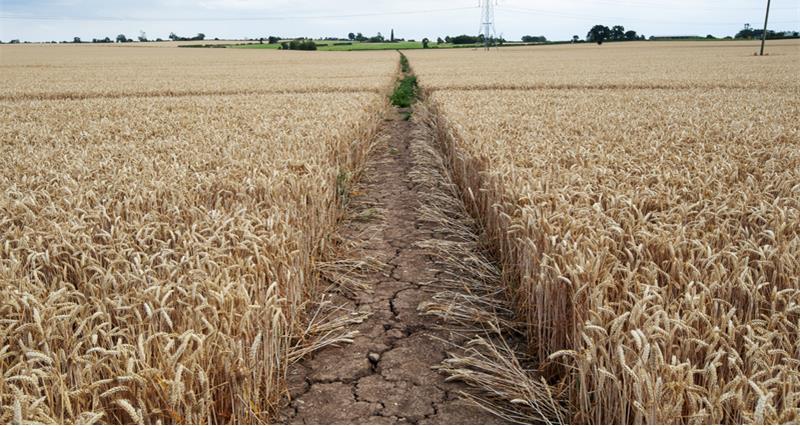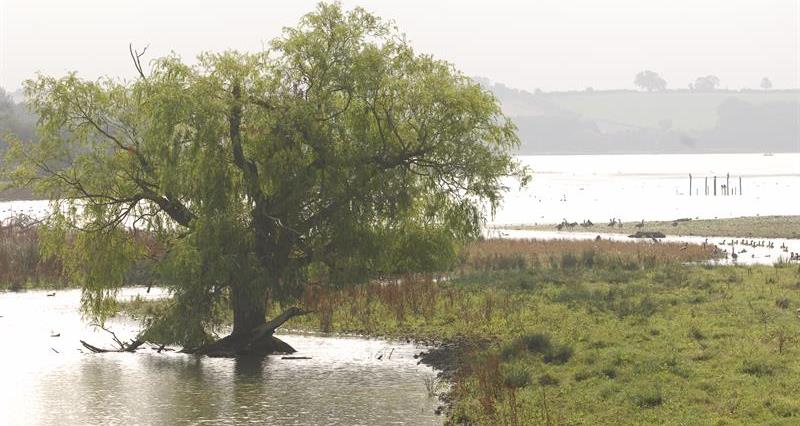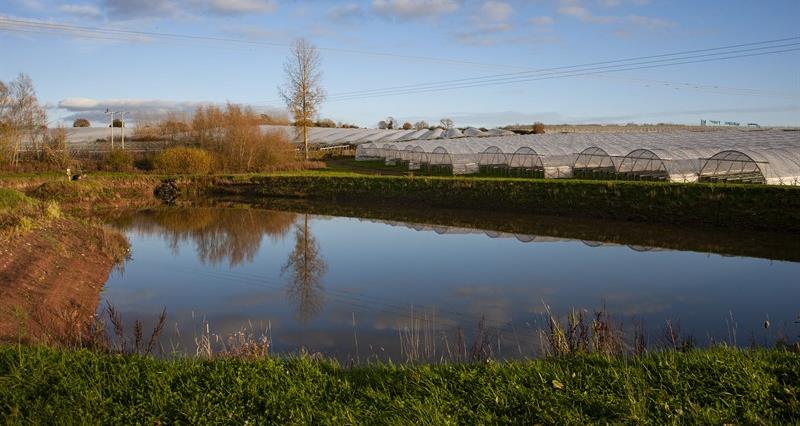The UK governmentтАЩs third is a strategic five-year plan to boost resilience and protect people, homes, businesses and cultural heritage against climate change risks. Its vision is a country that effectively plans for, and is fully adapted to, the changing climate.
Whilst NAP3 recognises that тАЬclimate change is the biggest medium to long term risk to the UKтАЩs domestic food productionтАЭ, agriculture is considered in the section which covers the natural environment.
Climate change тАШbiggest threatтАЩ to food production
NFU President Minette Batters has criticised the governmentтАЩs plan, stating that it тАЬneeds to go much further and reflect the urgency of the climate crisisтАЭ with climate change posing тАЬthe biggest threat to UK food productionтАЭ.
тАЬWhile the programme outlines some ways it will help build farm business resilience through soil management and infrastructure, there is insufficient detail about how the government plans to protect home-grown food production.тАЭ
The plan states that support for farmers in England to adapt will come primarily through ELMs (Environmental Land Management schemes) with actions under the SFI (Sustainable Farming Incentive) also designed to contribute to resilience.
Defra will continue to develop specific offers to improve adaptation, on and off-farm including:
- supporting action on soil, IPM, and water management (on-farm reservoirs and irrigation infrastructure)
- providing information e.g. incorporating climate change into crop health pest risk analyses by 2025
- improving co-ordination e.g. providing free advice to help farmers, support farmers to protect animal health and welfare
Sourcing water for food 'remains a concern'
тАЬThis lack of focus on food security is stark when, as we speak, our farming colleagues in Europe are suffering from record breaking temperatures.тАЭ
NFU President Minette Batters
NFU County Chair for Suffolk, Andrew Blenkiron, is a case study in NAP3 and highlights that despite considerable investment across the business to improve climate resilience, тАЬsourcing water for food remains a concernтАЭ.

NFU County Chair for Suffolk, Andrew Blenkiron
Minette said the lack of focus on food security тАЬis stark when, as we speak, our farming colleagues in Europe are suffering from record breaking temperaturesтАЭ.
тАЬFarmers up and down the UK are also experiencing more severe weather putting British food at risk.тАЭ
тАЬWhat we need is a clear, ambitious plan dedicated to helping vital British farm businesses to adapt. Central to this plan must be sufficient support to address the range of climate challenges farmers face. This includes investment for infrastructure, not least to capture and store more water on farms and to improve farm buildings to shelter livestock more effectively.тАЭ




